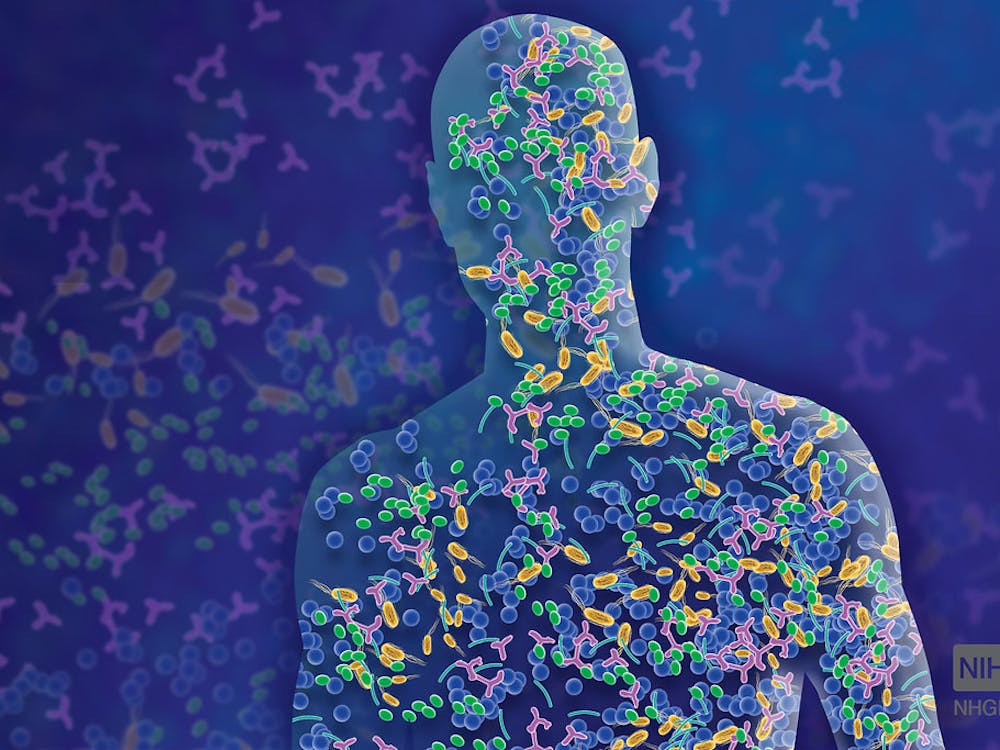Scientists at the Imperial College London recently discovered that, by repurposing a drug typically used for weight loss, they could reduce the risk of Type 2 diabetes by 80 percent.
In previous experiments the weight loss drug, Saxenda, generically called liraglutide, reduced body weight after a 56-week period of this trial.
Eighty-six million adults aged 20 years and older have prediabetes, one of two precursors of Type 2 diabetes.
In 2014, over 600 million adults were obese, the other precursor of Type 2 diabetes. Type 2 diabetes results from the body’s inability to use the insulin it’s producing. Almost everyone who develops Type 2 diabetes initially suffers from prediabetes.
Liraglutide acts as a glucagon-like peptide-1 (GLP-1) to lower glucagon levels in the body and increase stimulation of insulin, thus decreasing blood sugar levels.
People take liraglutide as a once-daily injection designed to promote weight loss through reduced appetite and energy intake. In the study, the researchers attempted to discern the effects of liraglutide on overweight people suffering from prediabetes over a three-year period, from June 2011 to March 2015.
The research team performed the study at 191 clinical research sites in 27 countries in Europe, South America, Asia, Africa and Australia. After 56 weeks of liraglutide use, overweight study participants remained on the drug for another two years.
In a two-to-one ratio the team randomly assigned 2,254 participants, all of whom had a body-mass index of at least 27 kg/m2, to continue receiving liraglutide or a placebo, 1505 participants and 745 participants respectively.
The researchers further categorized participants into groups depending on their BMIs and whether or not they had prediabetes. Those participants who had participated in the previous 56-week trial and had prediabetes continued on in this study, making for a total of 160 weeks of treatment.
The starting dosage for liraglutide was 0.6 milligrams. It was increased in weekly increments by 0.6 milligrams, eventually up to 3 milligrams.
All of the participants received weekly lifestyle counseling throughout the study and were each advised to achieve at least 150 minutes of physical activity per week and to reduce their daily calorie intake by 500 calories.
Of the original 1,505 participants who received the drug, only 791 participants made it to the end of the 160-week period.
Of 745 placebo patients, 337 remained for the entirety of the study. Throughout the study participants withdrew from the study for a variety of reasons including not seeing results and negative side effects. More participants in the liraglutide group left the study because of side effects.
Most participants who withdrew from the liraglutide experiment reported stomach discomfort as the primary side effect.
The team estimated that liraglutide would lower the chances of onset of Type 2 diabetes by 70 percent. They predicted that after three-plus years of treatment, 20 percent of individuals in the placebo group would have diabetes while six percent in the liraglutide group would suffer from the disease.
At the end of the three-year period, 11 percent of participants in the placebo group had diabetes while only three percent of individuals in the liraglutide group had diabetes.
Sixty-six percent of participants in the liraglutide group who had initially had prediabetes no longer had it, while only 46 percent of individuals in the placebo group had regressed.
They also found that it took approximately three times longer for participants in the liraglutide group to get diabetes than those participants in the placebo group. Although the drug has proven to be effective, it is currently very expensive to obtain.
“Liraglutide promotes weight loss by activating brain areas that control appetite and eating, so that people feel fuller sooner after meals and their food intake is reduced,” Carel le Roux, professor at the Conway Institute of University College Dublin, said in a press release. “Although liraglutide’s role in weight loss is well known, this is the first time it has been shown to essentially reverse prediabetes and prevent diabetes, albeit with the help of diet and exercise.”






















Please note All comments are eligible for publication in The News-Letter.